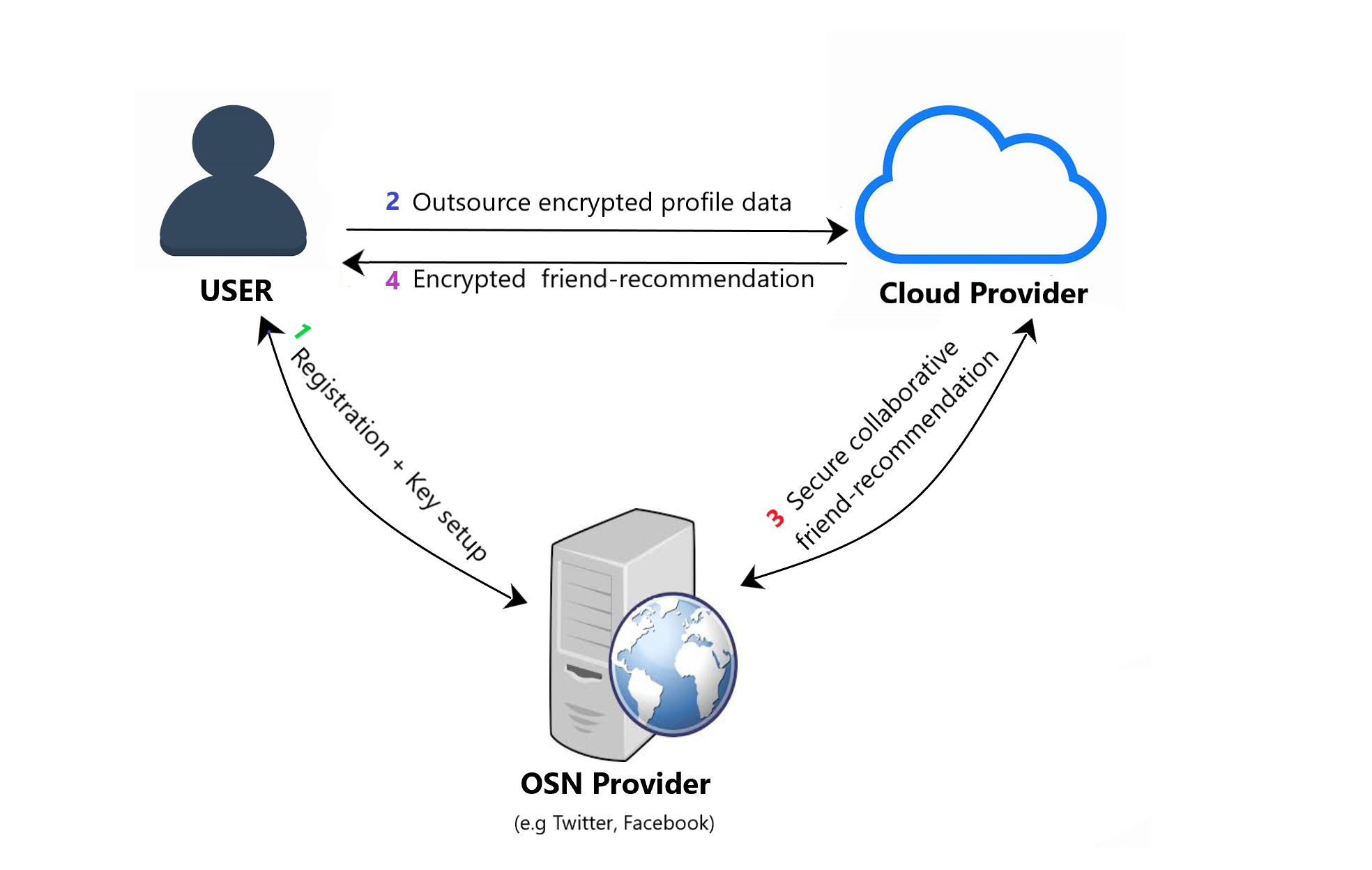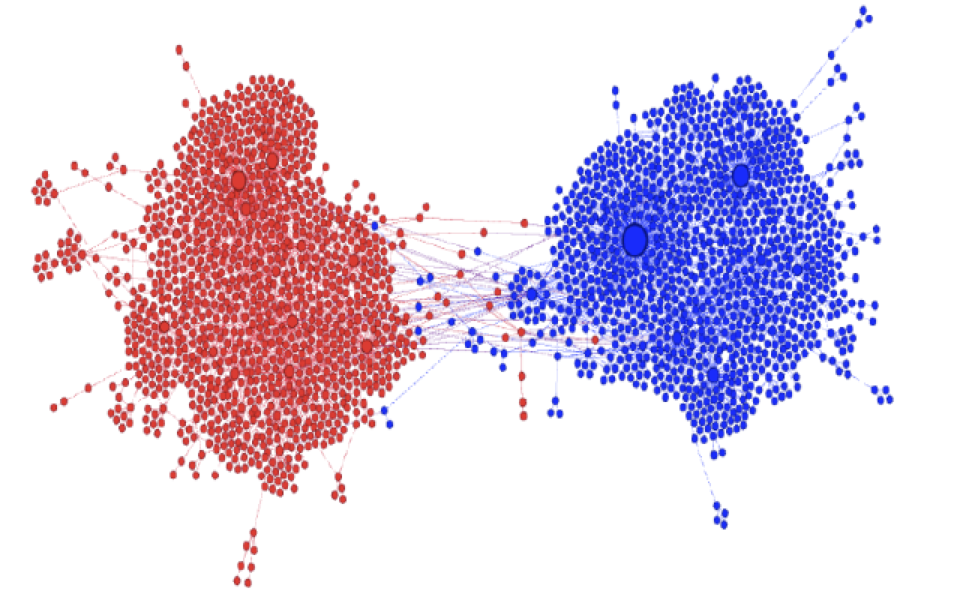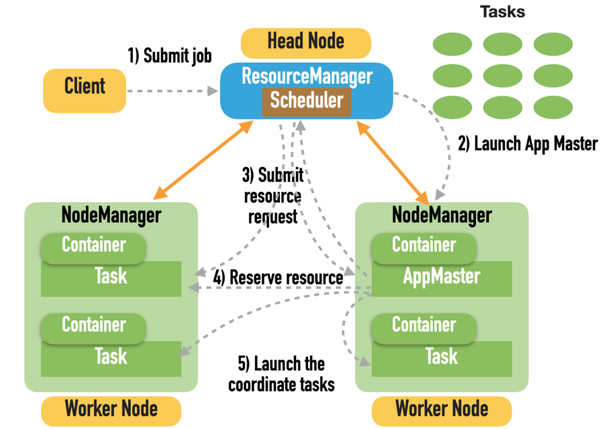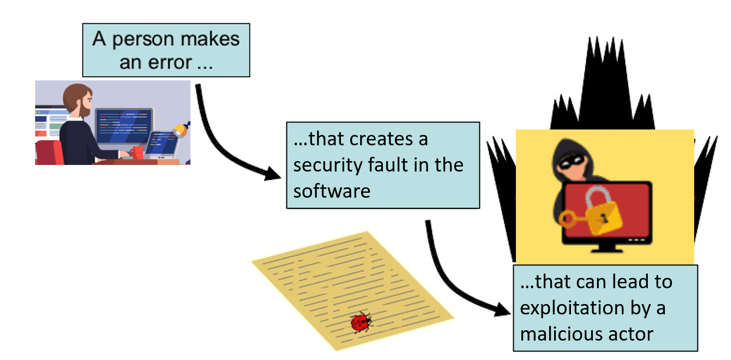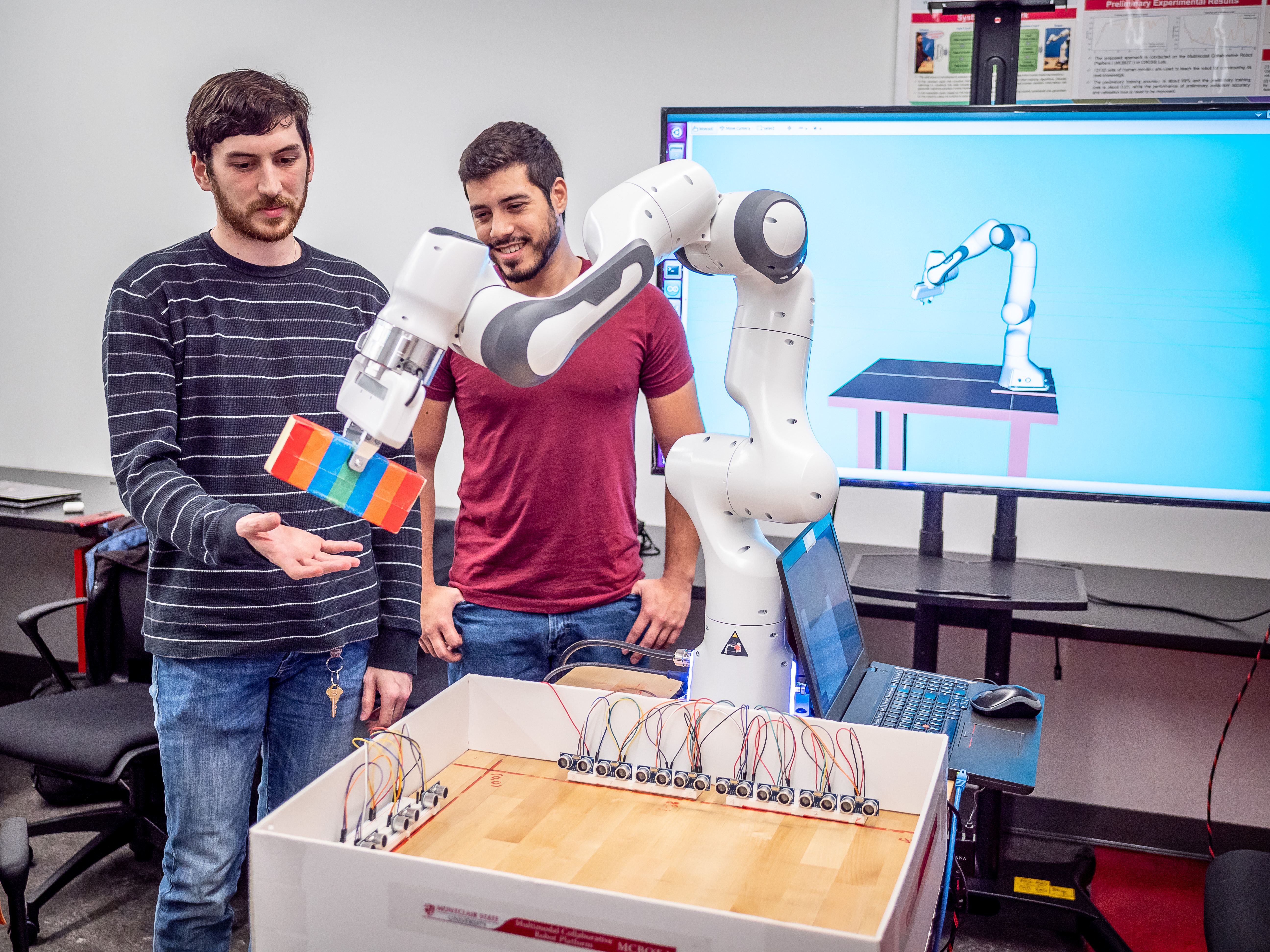This REU Site project at Montclair State University recruits 10 undergraduate students and nurtures them with immersive research experiences in the broad areas of Cybersecurity. Participants will closely work with MSU faculty mentors on cutting-edge research projects, enrich cybersecurity knowledge, increase their creative capacity and confidence in cybersecurity R&D, cultivate a strong desire to apply for advanced degrees in the related fields.
Selected REU students will have the following benefits:
- Transformative ten-week summer research program
- Preparation for graduate studies and exciting careers in cybersecurity
- $6,000 stipend and additional financial support for meals and housing
- Conference travel support
- Seminars, workshops and tutorials
- Mentoring by well-experienced MSU faculty members

